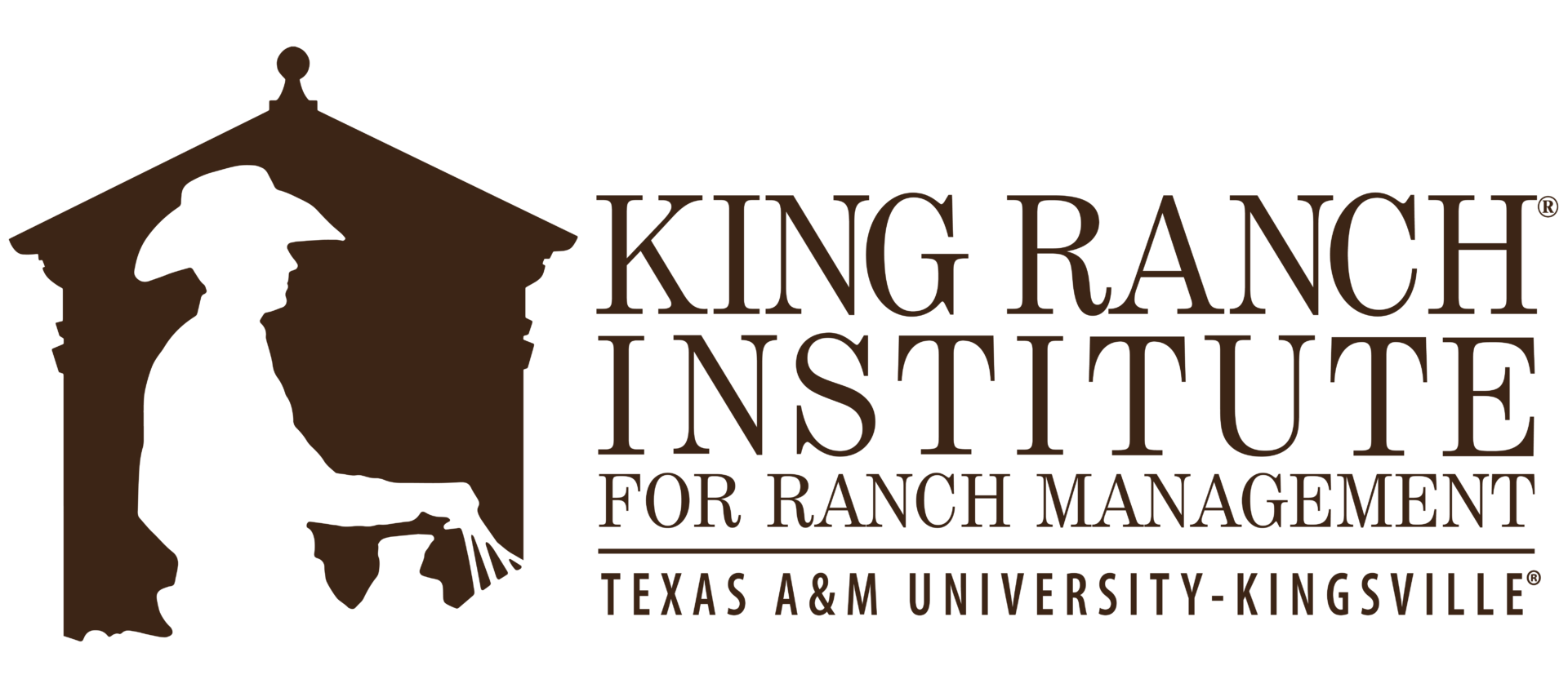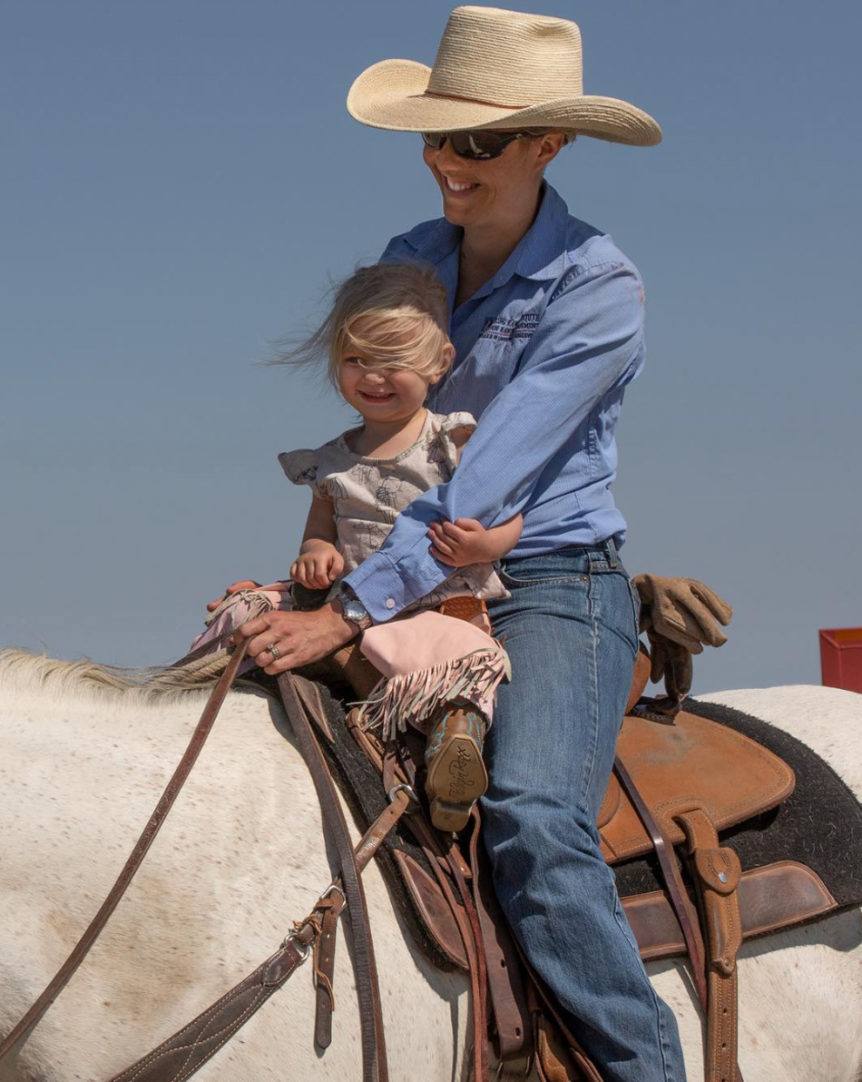Alumni Spotlight – Jen Livsey
KRIRM Class of 2011
Tell us a little bit about yourself.
I grew up a fifth-generation rancher in Eastern Colorado, graduated from KRIRM in 2011, and live near Denver with my husband and two kids.
Why did you choose to attend KRIRM?
While in college my Grandma sent me a Western Horseman article about KRIRM and wrote “If I were you this is what I would do”. It took me a few years, but after I met Dr. Dunn and the students, Grandma’s wisdom won out. I had grown up very involved on my family’s ranch but wanted more education around land, livestock, and people management.
How do you think receiving your MS in Ranch Management prepared you for what you are doing now?
I own and run an insurance agency focused on ranchers, so I use the analytical and people management skills (the focus of my Masters project at KRIRM) I gained on a daily basis. On my family’s ranch, the Flying Diamond, I do a lot around land/resource management and expansion as well as grazing management, so Systems Thinking is invaluable.
What does it mean to be the first woman to graduate from the program?
I am very blessed to come from a family that has always seen women as equally capable to men and set expectations accordingly, on the ranch and in all fields of life. I felt KRIRM was a continuation of that. I know ag can have (sometimes deservedly) the reputation of a men’s club, but I always felt like I earned, as was on, the same footing as the guys. There have been many outstanding female ranchers before me and there will be many after me, and KRIRM will be lucky enough to have some of them as graduates.
What do you think is one of the biggest challenges facing the industry today?
We are operating in a world that, largely due to distance, propaganda and ignorance, is increasingly antagonistic towards what we do and the meat we produce. Learning how to be savvy in recognizing and marketing the whole package of services (habitat, nutrient cycling, water infiltration, etc) livestock grazing produces is going to be key to maintaining an even remotely friendly business environment over the long term. It’s not just the marketing; we actually have to get better at grazing too. I think there is massive potential to improve our grazing practices, at scale, in the US and that doing so is necessary from a profitability (micro) and reputation (macro) standpoint.
What would you tell a professional who is considering applying to the master’s program or contemplating attending lectureships through KRIRM?
I could not more strongly encourage it; I found my two years at KRIRM the most intellectually fulfilling of my life (Princeton has nothing on it). The quality of your classmates and the network you will gain is the best there is. Two years is not that long in the grand scheme of life. And if you decide two years is too long, or that uprooting to South Texas is prohibitive, the lectureships are a great alternative.
Any closing remarks?
Managing our land resources is the most interesting, worthwhile, and ultimately rewarding work I think a person can do. Our nation would be much better served if our best and brightest chose careers in agriculture. KRIRM is the nexus for great people and great opportunities, making it such an asset for our industry.

